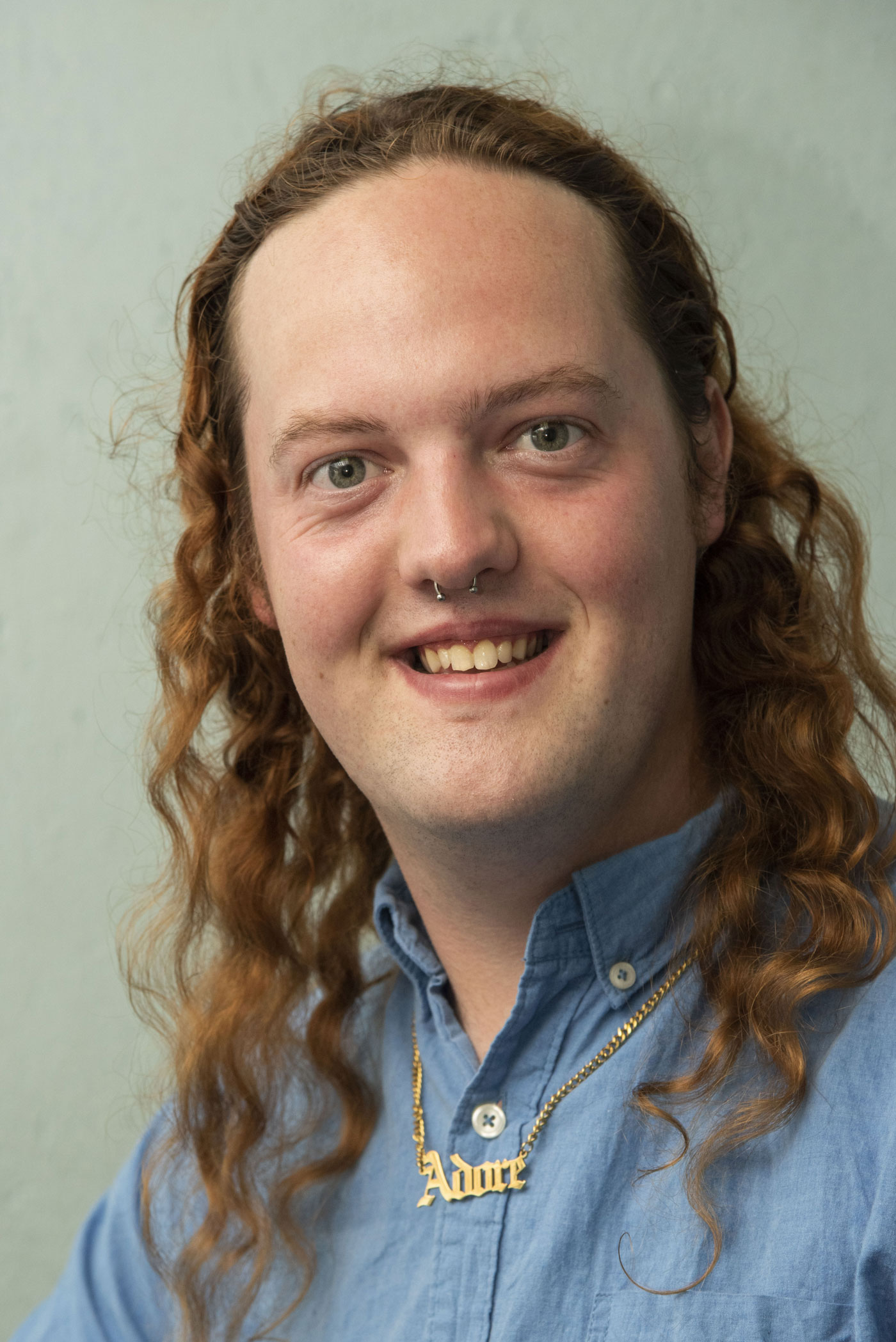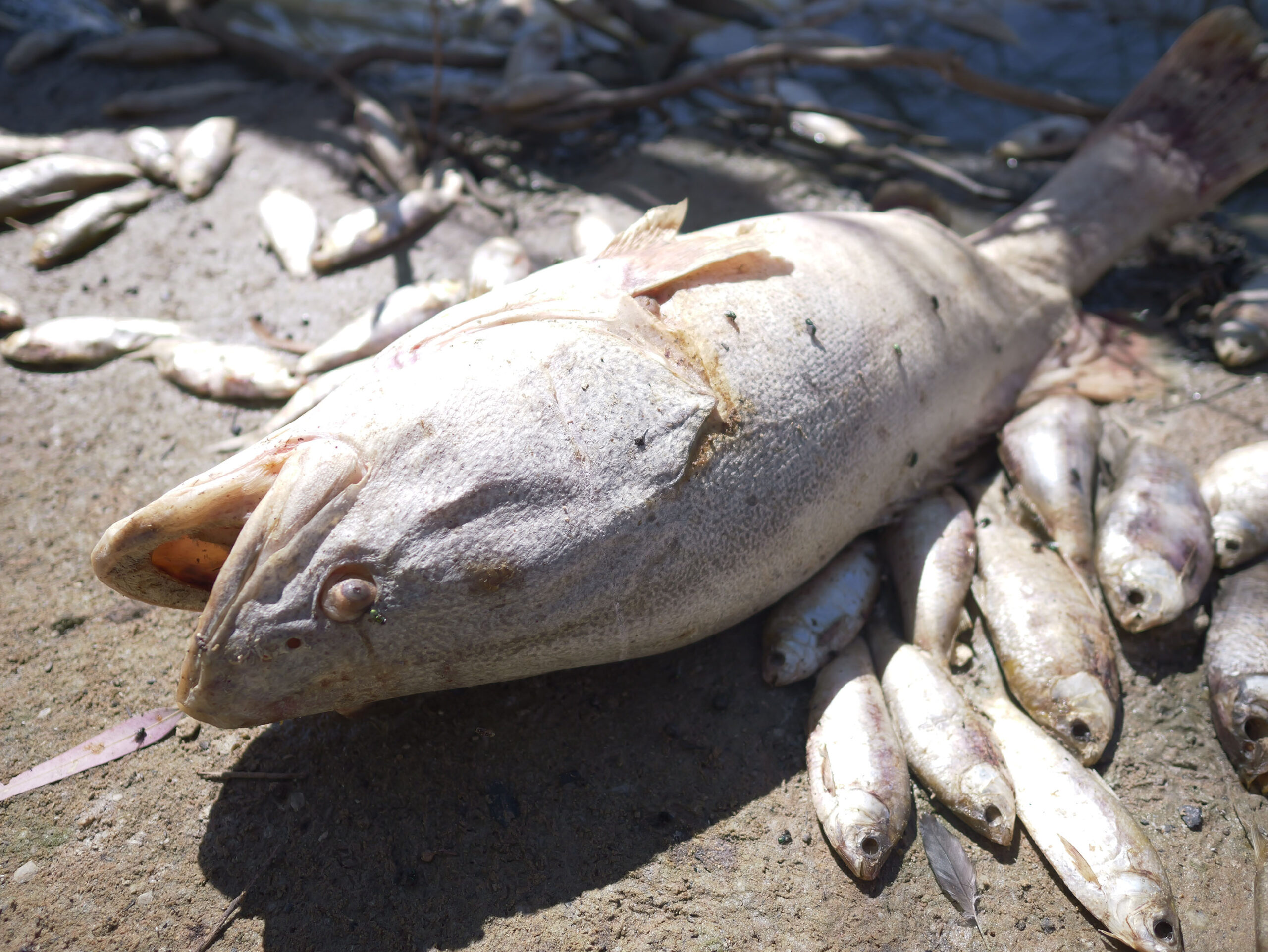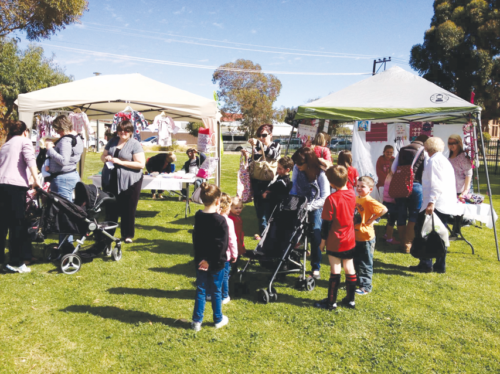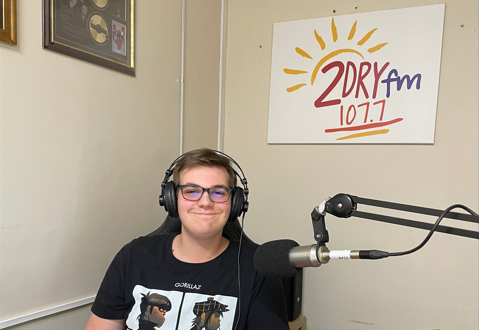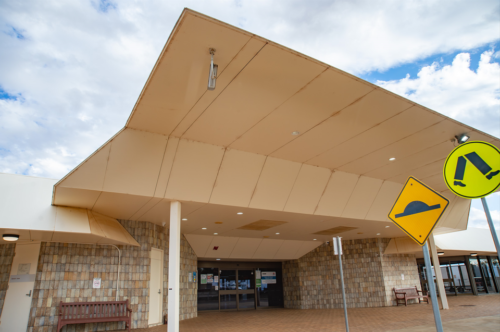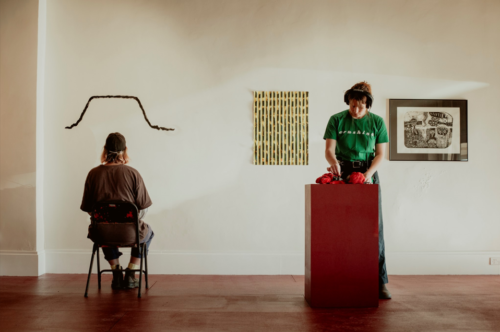The state government has accepted in full the recommendations from the Office of the Chief Scientist and Engineer’s report into March’s mass fish kill along the Darling-Baaka River.
Minister for Water Rose Jackson was in Menindee on Sunday to announce the state government’s response to the report and that the implementation of recommendations will begin immediately – with some work to address the findings already underway.
Actions outlined in the response include continuing to adjust water releases from Lake Pamamaroo, establishing an independent connectivity expert panel to provide advice on potential changes to NSW water sharing plans which could improve downstream outcomes, trialling cutting edge technology to put oxygen into the water, and considering Section 324 temporary water restrictions.
Carrying out temporary fish passage investigations and exploring funding options with the federal government for permanent fish passages, beginning fish surveys to inform fish relocation and carp removal, and advertising a role to employ staff based in Menindee or the Far West permanently to assist in implementing projects and coordinating response on the ground.
Ms Jackson said it was clear there’s still some gaps in the system, but affirmed the state government was getting on with the job to address them so another event of the same scale doesn’t happen again, especially as rising temperatures this summer could heighten the possibility.
“There are no shortcuts here. Openness and transparency are the cornerstones of our approach, so we’re sharing exactly how we will be implementing the recommendations and addressing the findings of the Chief Scientist’s report,” Ms Jackson said.
“I want to reassure locals we are doing everything in our power to reduce the risk of another major fish death event but with warm conditions and many fish in the Menindee weir pool continuing to put pressure on the system, the risk of more fish deaths over the coming weeks and months will remain very high.
“As we move forward with our response, we are continuing [to] consult closely with the wider community and key stakeholders including the Barkandji Native Title Group and Central Darling Shire Council to keep them informed every step of the way.”
Speaking to reporters in Broken Hill on Wednesday, the NSW Premier Chris Minns said the outcome of the review was taken “very seriously”, adding that transparency between the state government and well-informed locals was one of the reasons it was made public in the first place.
“There’s an enormous amount of knowledge from the local community in Menindee and the Lower Darling region, and in the past, I don’t think the government has leant on that knowledge enough in developing solutions. It’s been more driven out of Water NSW and senior public servants in Sydney,” he said.
“Part of the reason for our deeper engagement with the Central West – and I have to say also a lot of advocacy from Roy [Butler, Member for Barwon] – is to learn from locals. I’m not ashamed to say it. I think that we are going to get better outcomes by listening to the local community and having solutions that reflect the people that live in these towns and communities.
“I don’t want to see another fish kill. We don’t want to have another ecological disaster in the Darling [River] and it does require careful management. There’s no silver bullet here. It’s careful management and investment. If we get those two things right, I think we’ll be in a better position than we were, say, this time last year.”
Work is continuing to map out further steps needed to address longer-term solutions and a more detailed response with further actions will be published in mid-2024. To read the Chief Scientist’s report and the state government’s response, visit https://water.dpie.nsw.gov.au/menindee.


